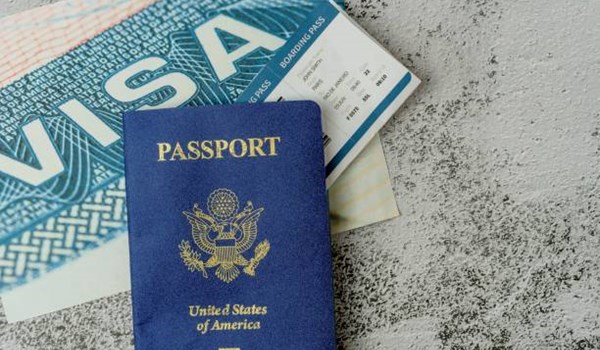
CHINA: ‘Yin and yang’ contracts identified as tax evasion
China’s top judicial authorities have identified so-called “yin and yang” contracts as a type of tax evasion in a newly released legal document. The designation has been highlighted
The 40% rise in the number of Britons owning crypto-assets revealed by the latest FCA survey will lead to a ramping up of compliance activity against those who fail to pay the correct tax on their crypto gains, accountancy and business advisory firm BDO has warned.
The FCA’s survey, published today, found that 12% of UK adults – equivalent to 7 million people – now own crypto-assets. This is up from 10% of adults – or 5 million people – in 2022.
According to the survey, the value of holdings is also rising. The average value of crypto-assets held by people increased from £1,595 to £1,842 when compared to the previous wave of the survey in August 2022.
Among crypto owners, 19% now own holdings with a value of between £5000 and £10,000, up from 6% in the previous wave of the survey.
While there can be complexities, in simple terms HMRC sees the profit or loss made on buying and selling of exchange tokens as within the charge to Capital Gains Tax (CGT). Its guidance says that only in exceptional circumstances will HMRC accept that buying and selling of crypto amounts to a trade for tax purposes.
For individuals, this means that if you have sold crypto for a profit during the tax year, you may have reporting and tax obligations, and need to consider whether you need to file a tax return.
HMRC has recently ramped up its efforts to clamp down on non-compliance. In August this year, it launched a new ‘nudge’ letter campaign targeted at those the tax authority knew had disposed of crypto assets.
Last year, HMRC instigated a new campaign to encourage people to come forward and disclose any unpaid tax on crypto assets such as exchange tokens, NFTs and utility tokens – the first time the tax authority had introduced a specific disclosure process for those owning crypto assets.
Soon, the tax authority will have access to a much richer set of crypto-asset transactions data through the OECD’s Crypto-Asset Reporting Framework (CARF). This will provide for the automatic exchange of information between international tax authorities on crypto exchanges, the goal being to combat offshore tax avoidance and evasion.
Elsa Littlewood, a tax partner at BDO said:
“With crypto-asset ownership among UK investors rising at a rapid rate and the value of some cryptocurrencies reaching record levels in recent weeks, HMRC will be extremely keen to ensure that people are paying the correct amount of tax on their crypto gains.
“HMRC has been ramping up its compliance activity considerably in recent years. In some cases, people can find that several years of unpaid tax may be payable. Depending on the reason why gains have been undisclosed to date, HMRC can have up to 20 years to assess additional tax.
“Those who made crypto gains during the 2023-24 tax year should consider whether they are required to disclose their gains in their Self Assessment before the 31 January 2025. Anyone needing to bring their tax position up-to-date from previous years can use HMRC’s specific disclosure opportunity for unpaid tax on cryptoassets. However, there may be more suitable disclosure options based an individual’s personal circumstances, so specialist advice may be required.

China’s top judicial authorities have identified so-called “yin and yang” contracts as a type of tax evasion in a newly released legal document. The designation has been highlighted

The UK’s non-domiciled tax status faces scrutiny as Chancellor Hunt considers its abolition. Discover the controversies, financial implications, and potential outcomes of this policy debate. The

For those seeking golden visas, European countries are the most popular destinations.Affluent Americans are exploring golden visa programmes that allow foreign citizenship or residency through substantial

Developing nations, notably China and India, clashed with richer countries over the inclusion of ‘unilateral trade measures’, such as the EU’s carbon border tax, in the UN climate